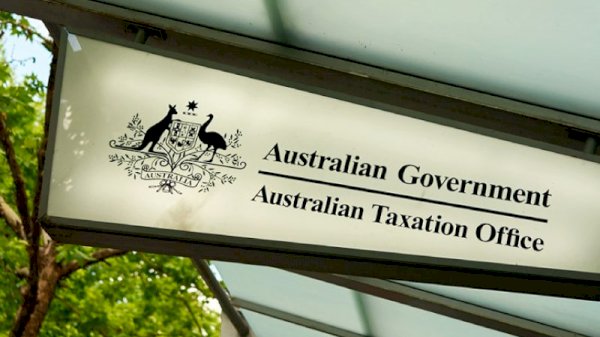Equipping professional accountants for sustainability
The International Federation of Accountants has developed a concise resource to guide accounting professionals and...
READ MORE
The Australian Taxation Office (ATO) said it will continue to engage with small business about unpaid debts and will offer tailored support and assistance for overdue debts as Australia emerges from the COVID pandemic.

However, it also warned that it will take action to claw back debts if people do not respond and ask for assistance with things such as garnishees, recovery of director penalties, disclosure of business tax debts, and legal actions including summons, creditors petition, wind-up and insolvency action.
For the past two years the ATO said it had deliberately shifted its focus away from firmer debt collection action to help and assist businesses and the community experiencing challenges because of the pandemic.
ATO deputy commissioner Vivek Chaudhary confirmed that ATO’s preferred approach is always to work with taxpayers to resolve their situation through engagement rather than enforcement.
“We have a range of support and assistance we can provide, and we can tailor a solution to a taxpayer’s unique circumstances. What is critical is that taxpayers or their representatives talk to us and respond to our calls,” he said.
“We understand that a lot of people – especially small businesses – have done it tough through COVID and may now have a tax debt. Our message is – don’t stick your head in the sand – even if you can’t pay the full amount owed straight away, please contact us or your registered tax professional to discuss and we will work with you to set up an appropriate payment arrangement. We cannot help taxpayers who do not engage with us.”
Where taxpayers don’t engage the ATO will implement harsher measures, it warned.
“Our debt collection activities prioritise those taxpayers representing higher risks and refusing to engage. That is why our initial focus will be on taxpayers with higher debts before including taxpayers with all other debts. Taxpayers with Superannuation Guarantee debts may be prioritised irrespective of their debt value. This is because the Superannuation Guarantee is an entitlement that is owed to employees,” Mr Chaudhary said.
In addition to these enforcement actions the ATO has recently written to businesses under two key awareness programs – disclosure of business tax debts and the use of director penalty notices. These programs focus on taxpayers who have not responded to calls and letters – and have significant tax obligations outstanding. The ATO has sent 29,552 awareness letters for disclosure of business tax debts and 52,319 awareness letters about the use of director penalty notices.
“We’ve seen an encouraging response to our awareness campaigns, with a significant level of payments and taxpayers entering into payment plans. In fact, more than 20,000 taxpayers have already responded to our awareness letters by making payments or entering into payment plans,” Mr Chaudhary said.
The ATO also acknowledged that it expects a number of insolvencies to occur over the coming months as the economy normalises.
For those taxpayers who have not responded and are not engaging, the ATO will move to the next steps:
“Both programs focus on making taxpayers aware of their obligations, the actions we may take, and provide clear pathways for taxpayers to re-engage, work with us, and avoid escalation. As part of this approach, we will continue to offer support to help taxpayers meet their obligations,” Mr Chaudhary said.
Whilst all debts remain due and payable, the ATO does not generally undertake debt recovery action on small-business debts during a formal dispute.